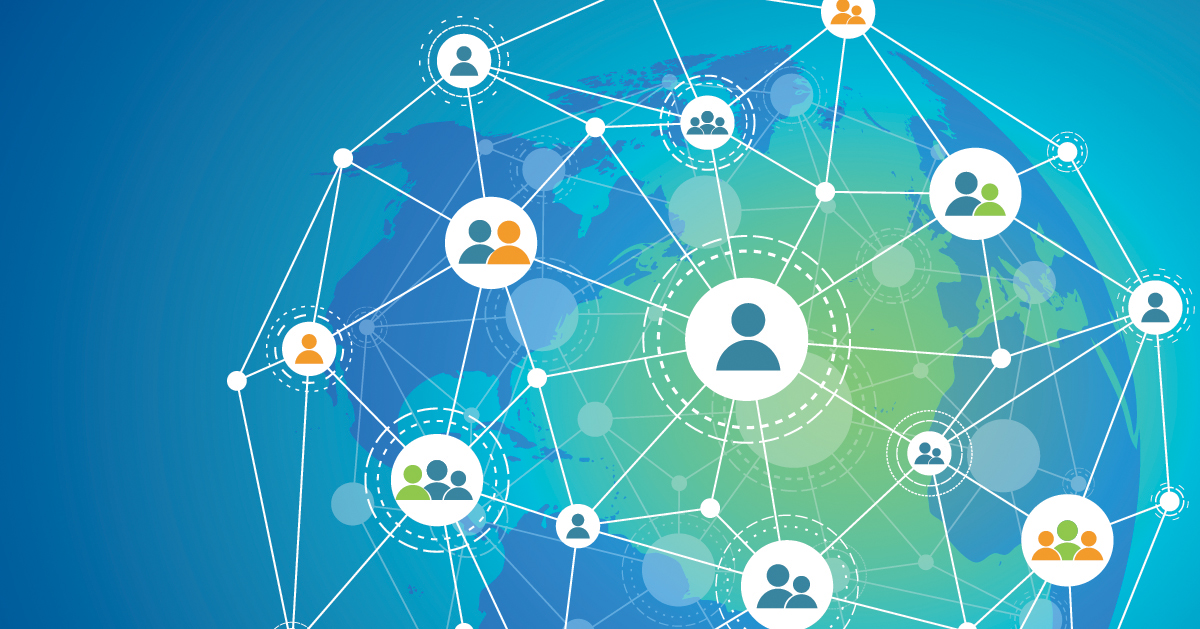Sustaining the legacy of Be More Us
From 2018 to 2020, we ran the Be More Us movement of people and organisations to celebrate small moments of connection. In every conversation, there is an opportunity to find something that we share. Small, everyday moments count.
Although Be More Us came to an end in 2020, the legacy of the movement remains. Many of the ideas we shared to give people the confidence and inspiration to feel more connected are now available on our advice page and blog page.
Let’s be more connected. Let’s be more together. Together, we can end loneliness.




.png)

